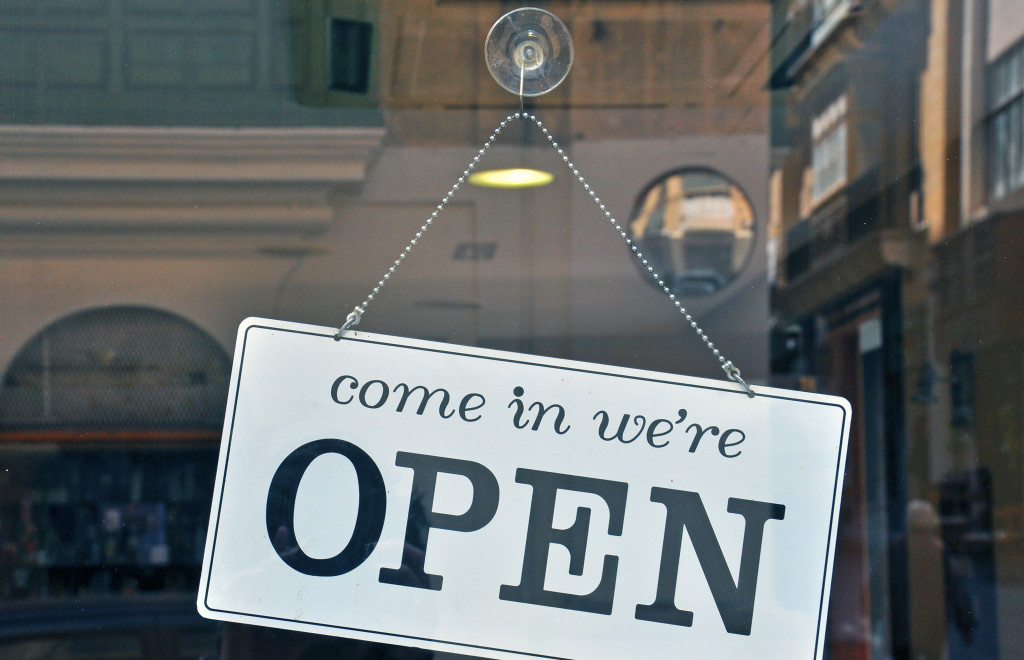- High-resolution surveillance cameras capture detailed footage, helping deter theft and identify suspicious behavior.
- Adequate lighting improves camera visibility and deters criminals, especially in entrances, cash registers, and high-value item locations.
- Implementing a robust access control system, including quality locks and trained employees, enhances security and controls who can access the premises.
- Regular security audits help identify potential vulnerabilities and ensure that security measures remain up-to-date.
- Using security tags and alarms discourages shoplifting and signals to potential thieves that items are protected.
As a retail store owner, ensuring the physical security of your premises is crucial. It’s not just about protecting your valuable inventory from theft; it’s also about maintaining a safe environment for your employees and customers. Effective security measures can range from installing high-quality surveillance systems to implementing stringent access control measures. Delve into the key strategies to enhance the physical security of your retail store.
Install High-Resolution Surveillance Cameras

High-resolution surveillance cameras serve as the eyes of your store, capturing details with precision to deter and record potential security breaches. A robust camera system enables you to monitor store activity, identify suspicious behavior, and collect evidence in case of theft or other security incidents.
Modern cameras can offer features like night vision, facial recognition, and remote access, providing comprehensive coverage and peace of mind. Remember, visible cameras themselves can act as a deterrent to potential thieves, signaling that your store is actively monitoring for illegal activities.
Use Adequate Lighting
Adequate lighting is an often overlooked but critical element of physical security. Effective lighting improves camera visibility and deters potential criminals who favor poorly lit areas. Bright, well-placed lights can illuminate hidden spots and reduce blind corners.
In particular, entrance areas, cash registers, and areas with high-value items should be well-lit to discourage criminal activity. Energy-efficient LED lights can provide consistent, high-quality illumination while keeping utility costs low. Furthermore, consider motion-activated lights for after-hours security, as they can startle intruders and attract attention to unauthorized activity.
Implement a Robust Access Control System
Implementing a robust access control system is a key facet of enhancing the physical security of your retail store. Access control systems limit and monitor who can enter your premises and specific areas. Here are some of the best practices to consider:
Invest in High-Quality Locks
Investing in high-quality locks is a fundamental step in securing your retail store. One such option is a mortise cylinder lock, known for its durability and resistance to picking, drilling, and other forms of tampering. These locks are built into the door, making them harder to break or dislodge.
They’re designed with a unique pin tumbler system that provides a higher level of security than standard locks. Therefore, equipping your store with mortise cylinder locks can significantly enhance its security, deterring potential break-ins and ensuring the safety of your inventory, employees, and customers.
Train Your Employees
Training your employees on security protocols is integral to a robust access control system. Staff should be knowledgeable about procedures in emergencies such as theft, disasters, or lockdown scenarios. They should be trained to identify suspicious activities, properly operate security systems, and understand their roles in maintaining the overall security of the store.
Regular training sessions and security briefings can ensure that all employees are up-to-date with the latest security measures and can respond effectively to potential security incidents. This proactive approach can significantly mitigate risks and improve the safety of your retail store.
Regular Security Audits
Regular security audits are crucial in maintaining and enhancing the physical security of your retail store. Security audits involve:
- Thoroughly inspecting and evaluating your store’s existing security measures.
- Identifying potential vulnerabilities.
- Implementing improvements where needed.
They provide an opportunity to assess the effectiveness of your surveillance systems, lighting, access control measures, and other security protocols. By conducting these audits, you can ensure that your security measures remain up-to-date with evolving threats and the latest technologies, thus providing a secure shopping environment for customers and a safe workplace for employees.
Use Security Tags and Alarms

Security tags and alarms act as powerful deterrents against theft in retail stores. Security tags, attached to merchandise trigger an alarm when not properly deactivated or removed before leaving the store. This system discourages shoplifters, as the triggered alarm draws immediate attention.
Additionally, the presence of tags signals to potential thieves that items are protected, potentially deterring theft before it happens. Various types of security tags are available, including magnetic tags, RF tags, and ink tags, each catering to different types of merchandise. Regular testing of the alarm system is essential to ensure its effectiveness and maintain the security of your store.
In conclusion, maintaining the physical security of your retail store demands a comprehensive, strategic approach. Remember, the safety of your inventory, staff, and customers relies on your commitment to implementing and maintaining these crucial measures. It’s time to take action – reassess your store’s security measures today and ensure a safer, more secure future for your retail business.

